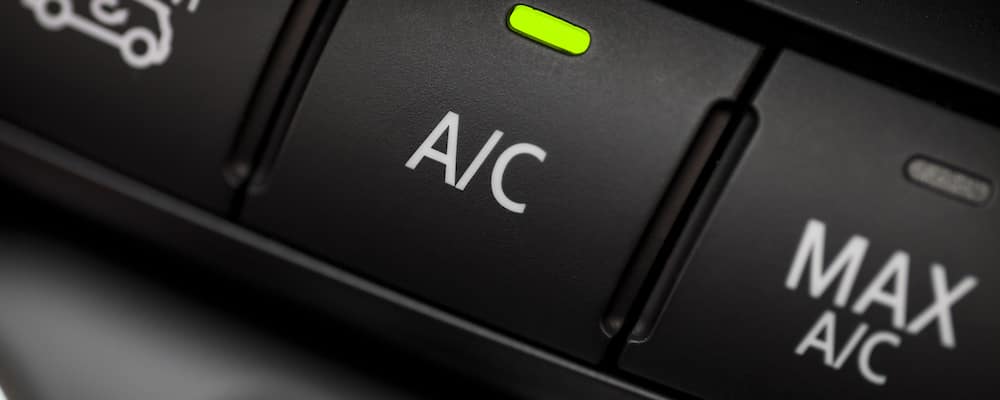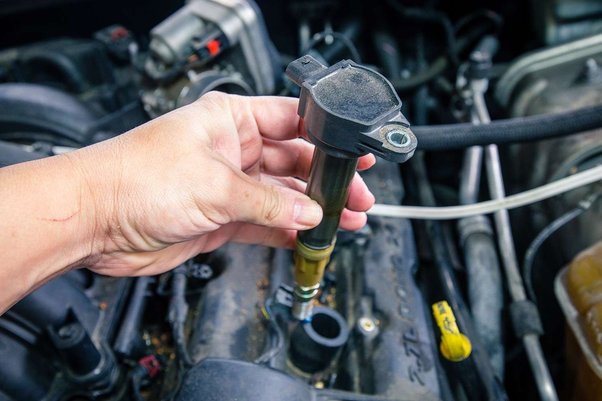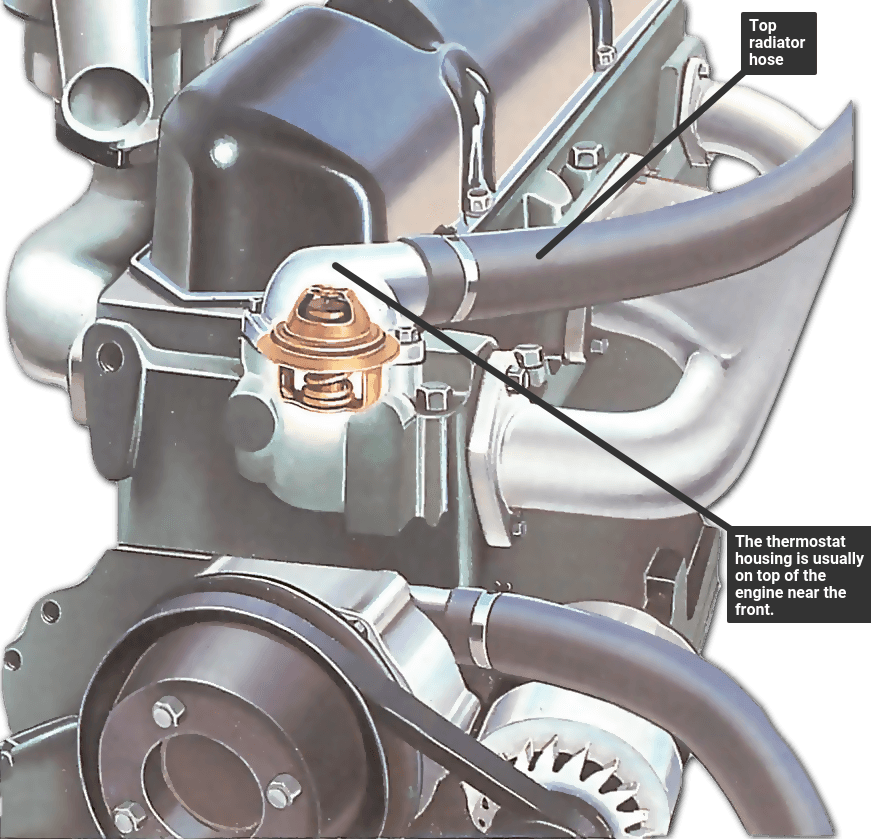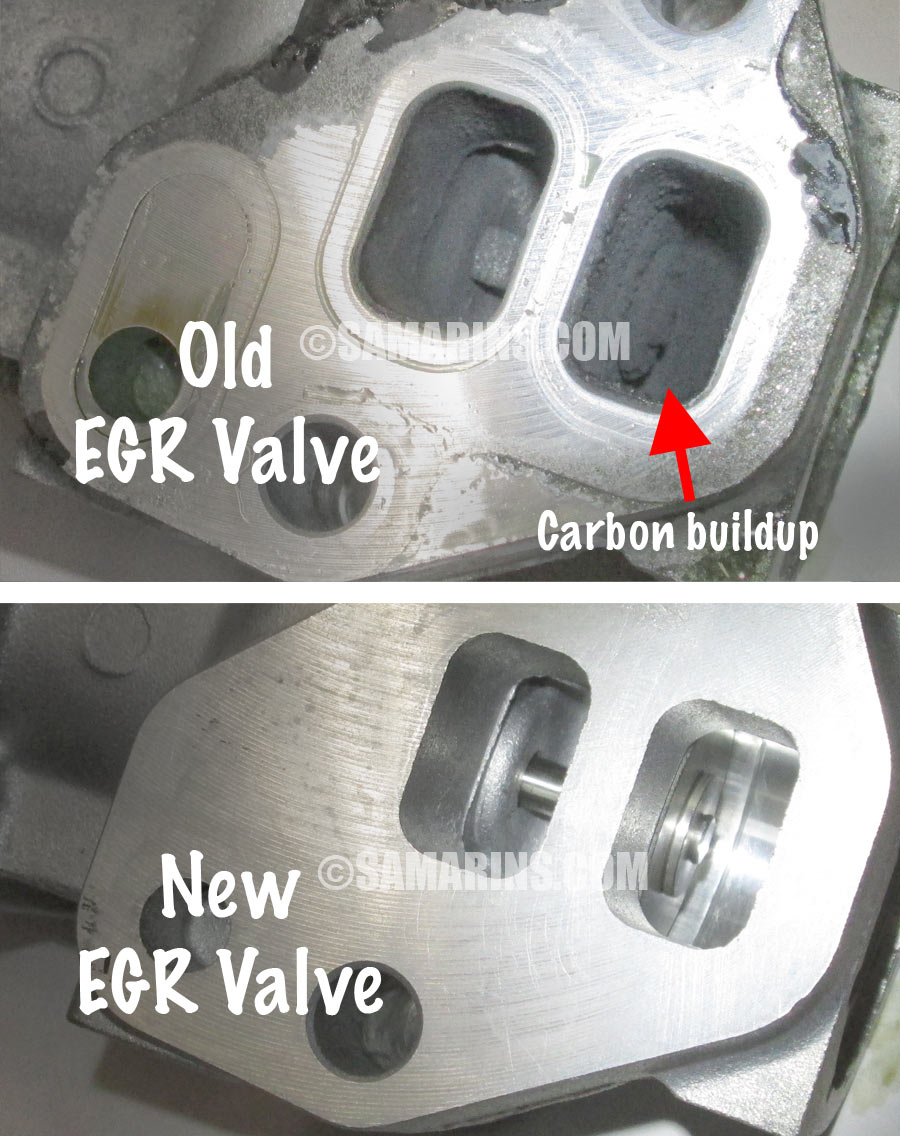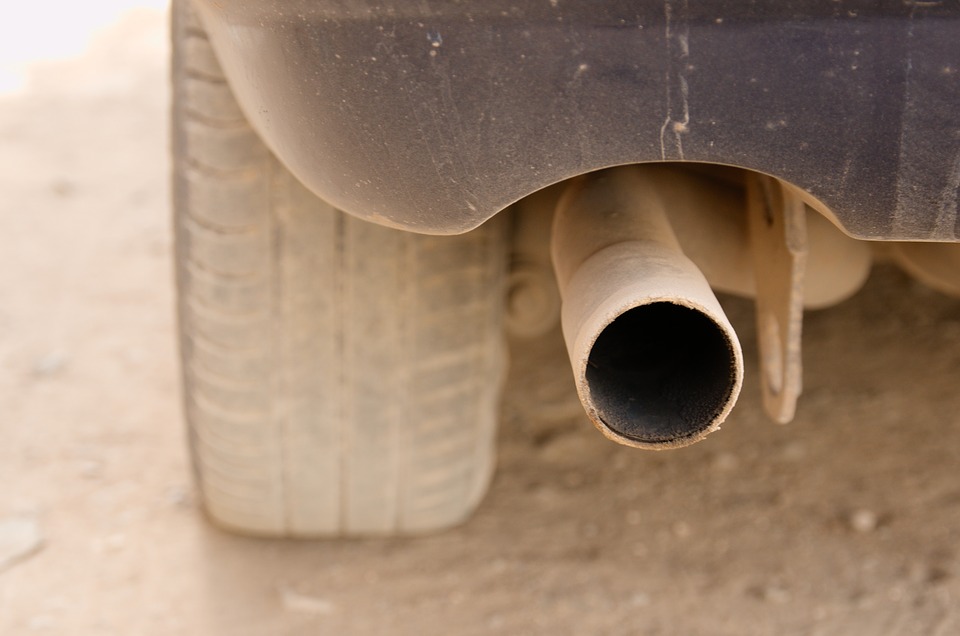Does Air Conditioning in the Car Use Gas
Air conditioning in a car does use gas. The AC system draws power from the engine, which consumes fuel.
Engaging the air conditioning in your vehicle impacts fuel efficiency, as the AC compressor requires energy to chill the cabin air. This energy comes from the engine, which operates on the gasoline (or diesel) that powers your car. As you activate the AC, the engine works harder to compensate for the extra load, leading to increased fuel consumption.
It’s noteworthy that while using AC at higher speeds may be more fuel-efficient than driving with windows down due to aerodynamic drag, at lower speeds the reverse can be true. The exact impact on gas usage varies depending on your vehicle’s make and model, driving conditions, and how effectively you use your AC system. It’s essential for drivers to understand this trade-off, especially during hot weather when air conditioning becomes almost non-negotiable for comfort and safety on the road.
The Mechanics Of Car Air Conditioning
Imagine a hot summer day where the sun blazes down with relentless heat. You hop into your car and within moments, a cool breeze offers a welcome escape from the scorching temperatures outside. This is the magic of car air conditioning. But does it affect your gas mileage? Let’s explore under the hood to understand the mechanics of car air conditioning systems.
How Car Ac Systems Operate
The air conditioning in a car keeps you cool, but it needs power to work. When you turn on the AC, your car’s engine starts to work a little harder. This is because it powers the air conditioning system. The system has a special pump called the compressor. It pushes a cooling substance through the system. That substance takes in heat from the car and gets rid of it outside. This keeps the air cool inside your car.
- Compressor: The engine spins it.
- Refrigerant: This liquid captures heat.
- Condenser: Turns hot gas back to liquid.
- Expansion valve: Cools the liquid down more.
- Evaporator: Brings cool air to you.
Components Involved In Cooling
A car’s AC system has several key parts that work together to make the air cool. These parts include the compressor, condenser, expansion valve, and evaporator. The compressor starts the process. It’s like a little engine for the AC system. The condenser then takes the hot refrigerant vapor and turns it back into a liquid. The expansion valve makes the refrigerant cold. Finally, the evaporator uses this cold refrigerant to cool the air before it blows into the cabin, making you feel comfortable even on the hottest days.
| Part | Function |
|---|---|
| Compressor | Powers the refrigerant and moves it through the system |
| Condenser | Cools hot vapor into a liquid |
| Expansion Valve | Reduces refrigerant pressure to chill it |
| Evaporator | Absorbs heat from car’s interior to cool the air |
Understanding how these components interact helps explain why using your car’s AC can lead to a slight increase in fuel consumption. Power needed for the AC comes from the engine, which uses fuel to operate. Therefore, when the AC is running, the engine works harder and uses more fuel to keep everything going.

Credit: www.tulleymazda.com
Air Conditioning And Fuel Economy
Have you ever wondered if turning on the air conditioning in your car impacts how much gas you use? It’s a common question amongst drivers, especially during those hot summer months when the AC becomes your best friend. Let’s dive into how air conditioning can affect your car’s fuel economy.
The Impact Of Ac On Engine Load
The air conditioning system in a car is powered by the engine. This means when you switch on the AC, the engine works harder. It has to supply power to both the car and the air conditioner. This extra work puts more load on the engine. More engine load requires more fuel. So, yes, using air conditioning can lead to higher gas consumption.
Ac Usage And Miles Per Gallon
So how does the AC really impact your car’s miles per gallon (MPG)? The truth is, it depends on a few factors: the outside temperature, the car’s condition, and how you use the AC. Here’s a quick breakdown:
- Outside Temperature: On hotter days, you’re likely to use AC more, which may reduce MPG.
- Car’s Condition: Well-maintained cars usually see less of a drop in MPG with AC use.
- AC Settings: Lower AC settings put less strain on your engine, using less gas.
In summary, while air conditioning does use gas, its impact on fuel economy can be minimal with careful use. Keep your car in good shape and use the AC wisely to help balance comfort with fuel efficiency.
The Role Of The Compressor
Understanding the air conditioning system in your car is crucial, especially when considering gas usage. The heart of this system is the compressor, a pivotal component that we rarely think about.
Compressor Functionality
The compressor serves as the powerhouse of the air conditioning system. It’s responsible for pressurizing the refrigerant. The compressed refrigerant then cools the car’s interior. Think of the compressor as a small engine for your AC.
Its Relationship With Fuel Consumption
The compressor doesn’t work alone. It draws power from the engine. This process uses some of the fuel that your car runs on.
Fuel consumption rises slightly when you turn on the AC. This is because the compressor requires energy to function, which comes from the gasoline in your car.
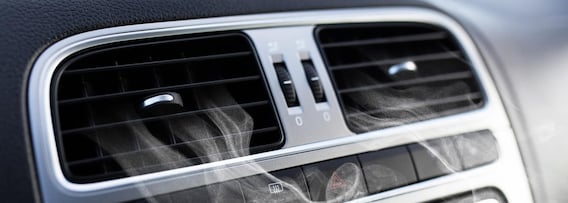
Credit: www.eastbaymini.com
Comparative Analysis: Ac Vs. Windows Down
When traveling by car, comfort is key. Two common methods drivers use to stay cool are air conditioning (AC) and rolling the windows down. But do you know which option is more gas-friendly? This involves understanding both the impact on your vehicle’s aerodynamics and energy efficiency. Let’s dive into the details.
Aerodynamics And Efficiency
Running the AC consumes your car’s fuel by using the engine’s power to cool the air. On the other hand, rolling down the windows affects the car’s shape. This can reduce the vehicle’s aerodynamic efficiency. A car with closed windows experiences less air drag, which means it can travel more smoothly and use less fuel.
This is especially true at high speeds on highways. Energy loss through open windows can be greater than the fuel used for running the AC. Therefore, the AC can be more fuel-efficient in these conditions.
Here’s a quick breakdown:
- Low Speeds: Windows down generally beats AC.
- High Speeds: AC tends to consume less fuel than open windows.
Practical Tips For Drivers
To manage your car’s fuel usage effectively, consider these tips:
- Start with Windows Down: At lower speeds, start with the windows down to cool the car before switching to AC.
- Use Recirculate: If you choose AC, use the recirculate option. It cools faster and reduces usage.
- Regular Maintenance: Keep your car’s AC system in good shape to prevent extra fuel consumption.
- Shady Parking: Park in the shade to keep your car cooler and lessen the need for AC.
- Windows Up at High Speeds: Close windows when driving fast to reduce drag and save fuel.
Maximizing Efficiency With Smart Ac Usage
Maximizing efficiency with smart AC usage is key to conserving fuel while enjoying the comfort of your car’s air conditioning. Understanding when to use AC, how to maintain it, and how it affects your fuel consumption can lead to significant savings.
Optimal Conditions For Ac Use
Using your car’s air conditioning can indeed increase fuel consumption. But, with smart usage, you can enjoy a cool ride without a significant hit to your gas mileage. Maintain a balance to optimize your car’s AC performance and fuel efficiency.
- Use AC at highway speeds, as open windows create aerodynamic drag.
- Pre-cool your car when it’s parked in the shade to reduce initial AC load.
- Set the temperature to a comfortable, not freezing, level to reduce energy use.
- Recirculate cool air inside the cabin instead of pulling in hot outside air.
Maintenance Tips To Reduce Gas Usage
Keeping your AC system well-maintained can significantly reduce gas usage. A smoothly running AC system doesn’t strain the engine and thus consumes less fuel.
| Maintenance Action | Benefits |
|---|---|
| Regularly replace air filters | Improves airflow and AC efficiency. |
| Check AC refrigerant levels | Ensures optimal performance, avoiding overburden. |
| Inspect belts and hoses | Prevents leaks and maintains system pressure. |
| Service your AC system | Keeps it running smoothly, saving fuel. |
In addition to these steps, promptly address any AC issues. Even minor problems can lead to increased fuel consumption.
Economic And Environmental Considerations
Economic and Environmental Considerations play significant roles when discussing air conditioning in cars. Understanding these aspects helps drivers make informed decisions about their vehicle’s AC use.
Costs Of Ac-induced Fuel Consumption
Turning on a car’s air conditioning can impact the amount of fuel used.
- Increased Demand: The AC compressor uses power from the engine.
- Higher Fuel Use: More engine power means more fuel consumption.
- Costs Add Up: Frequent AC use leads to more frequent refueling.
This extra fuel has a cost, both directly to the driver and indirectly to the environment.
| Condition | Impact on Fuel Economy |
|---|---|
| AC On | Decrease by 5-25% |
| AC Off | Normal Consumption |
Reducing Carbon Footprint Through Ac Management
Smarter use of car air conditioning can reduce environmental impact.
- Park in Shade: Reduces need for AC to cool down the car.
- Windows Down First: Air out hot air before using AC.
- Regular Maintenance: Ensures AC runs efficiently.
Each small action can help decrease the carbon footprint, protecting the environment.
Credit: www.quora.com
Frequently Asked Questions For Does Air Conditioning In The Car Use Gas
Does Using Ac In The Car Affect Fuel Consumption?
Running the car’s AC does indeed affect fuel consumption. When the AC is active, the engine works harder to power the system, leading to increased fuel use. This can reduce fuel efficiency by up to 10%.
How Much Gas Does Car Ac Use Per Hour?
The amount of gas car AC uses per hour can vary. On average, a car’s AC can consume about 0. 2 to 0. 4 gallons of fuel per hour. The exact amount depends on the vehicle’s efficiency, the AC setting, and the outside temperature.
Can Air Conditioning Deplete Car Gas Faster?
Yes, air conditioning can deplete car gas faster. By putting additional load on the engine, AC increases fuel consumption. The impact is significant, especially during city driving or in heavy traffic where AC use is more frequent.
Is It More Fuel-efficient To Drive With Windows Down?
Driving with windows down can be more fuel-efficient at low speeds. However, at high speeds, open windows create aerodynamic drag. This can cause the car to consume more fuel than using the AC efficiently.
Conclusion
Understanding the connection between fuel consumption and car air conditioning can lead to smarter usage. Yes, A/C does impact gas mileage, but the effect varies. By considering the insights shared, you can strike a balance between comfort and efficiency. Remember, strategic use of air conditioning can help maintain your vehicle’s fuel economy.

